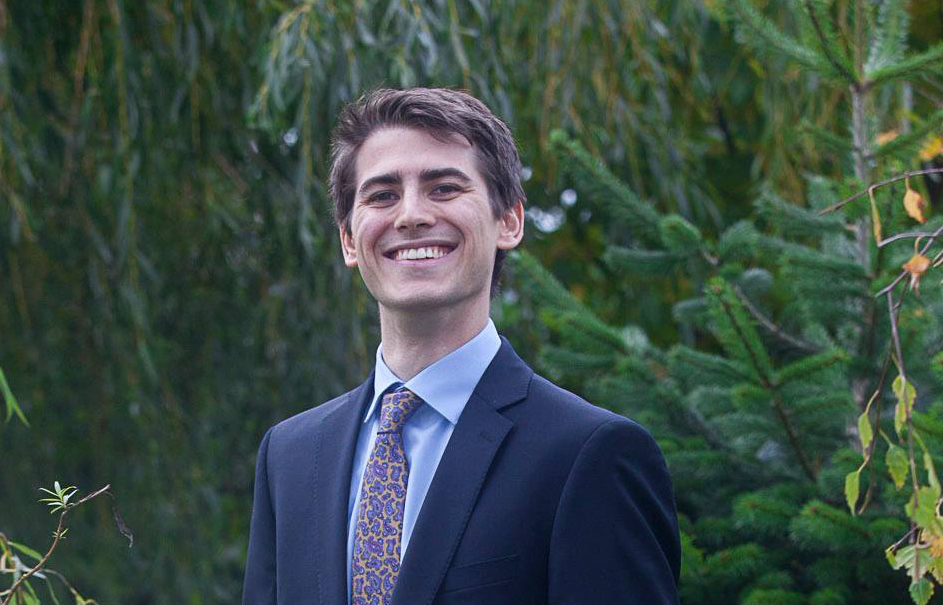Those around them and the society they form are given a free pass for making life needlessly difficult for those on the spectrum. Because of this, autistics are judged by neurotypical standards and not their own. They are viewed through the prism of their weaknesses and not their strengths. Even their strengths tend to get portrayed as weaknesses. For example, hyperfocus, which can come in very handy when it comes to developing skills and getting things done, is portrayed as ignoring something else. Attention to detail and an insistence on getting things right, are seen as pedantic. Even when their strengths are acknowledged as positives, it is often done in a patronising manner.
Columnist Gareth Ceidiog Hughes

But what if the boot were slipped on to the other foot, so to speak? What would it look like if non-autistics were judged by autistic standards, and they were spoken about in the same kind of terms? To begin with, you might say that neurotypicality is a developmental disorder that afflicts the vast majority of the population. We might say there’s a broad spectrum of being non-autistic – from the severe to the not so severe, from the high to the low functioning. We might add that it is characterised by a woeful lack of focus and inattention to detail.
Now take this idea a step further; what if non-autistics were forced to behave like autistics? What if they were marginalised and excluded if they refused to conform? Imagine we lived in a world in which neurotypicals were forced to hardly ever make eye contact, and every venue they went to had to be as quiet as a library.
The autistic comedian, Joe Wells, brilliantly parodies how autistics are talked about in a stand-up routine about having a non-autistic brother.
He said: “It’s a stereotype that ‘not autistics’ are all bad at maths. A lot of you can be really good at maths. With the right support you can achieve anything. You’re brilliant. I love my brother, he’s inspiring. He’s amazing. He went to university. I think it’s an incredible achievement for a not autistic person to go to university. I mean obviously, he had to have a specialist course that was adapted to meet his needs. It was called film and media studies.”
While the routine is funny, it makes an important point regarding how autistic people are spoken about. It’s often quite patronising. All autistics need is for their own way of being to be treated with the same respect and consideration as those who aren’t on the spectrum. But to be treated the same, we need the space to be different.



